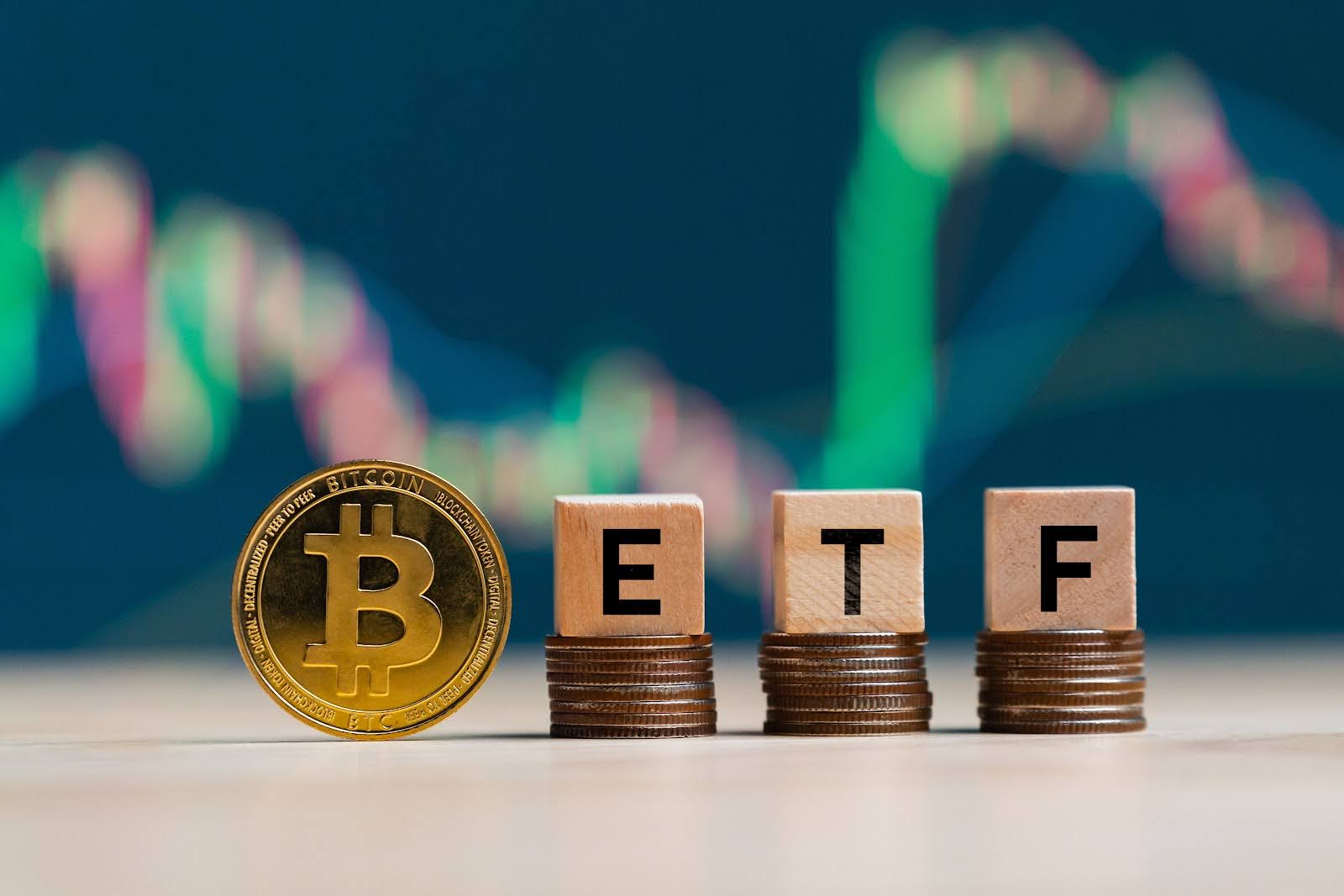Global Crypto Activity Surges in 2024, Boosted by U.S. Bitcoin ETFs
12.09.2024 12:00 1 min. read Alexander Stefanov
In 2024, cryptocurrency activity globally has surged, surpassing levels seen during the 2021 bull market.
Chainalysis reports that the value of global crypto transactions reached new heights between Q4 2023 and Q1 2024, according to its annual Global Crypto Adoption Index.
Chainalysis, using a revised methodology to assess 151 countries from Q3 2021 to Q2 2024, found that global crypto activity peaked at 0.8 points in Q4 2024, exceeding the previous high of 0.7 points in Q4 2021. However, by Q2 2024, the index had declined to 0.68 points, reflecting a decrease in global crypto engagement.
The spike in activity in 2024 is largely attributed to the introduction of spot Bitcoin ETFs in the U.S. in January. Chainalysis noted that this launch led to increased Bitcoin transactions across all regions, particularly boosting institutional transfers and activity in high-income areas like North America and Western Europe. Meanwhile, stablecoin usage grew significantly in lower-income regions, such as Sub-Saharan Africa and Latin America.
The rapid adoption of spot Bitcoin ETFs has been unprecedented, according to Matt Hougan of Bitwise. Despite experiencing significant outflows, with U.S. ETFs seeing $1.2 billion in withdrawals within eight days in September 2024, the ETFs are being adopted at an unprecedented rate.
-
1
Crypto ETFs Hit by $755M in Withdrawals Following Trump Tariff Shock
14.10.2025 11:00 1 min. read -
2
Bitcoin ETFs See Heavy Outflows as Ethereum Funds Draw Fresh Inflows
16.10.2025 15:30 2 min. read -
3
Bitcoin’s Momentum Remains Strong as Key Metric Signals Room for Major Upside
10.10.2025 17:00 2 min. read -
4
JPMorgan Exposes the Hidden Drivers of the Historic Crypto Selloff
17.10.2025 13:30 1 min. read -
5
Businesses Treat Bitcoin as Long-Term Allocation, Survey Finds
26.09.2025 18:00 1 min. read
14-Year Dormant Satoshi-Era Bitcoin Wallet Makes Its First Transfer
After more than a decade of inactivity, a historic Bitcoin wallet linked to an early miner has made a move, sending shockwaves through the crypto community.
Wall Street Moves Closer to Crypto as JPMorgan Weighs Digital Asset Loans
JPMorgan Chase appears to be moving further into the cryptocurrency space, with reports suggesting the bank may allow clients to use Bitcoin and Ethereum as collateral for loans.
Investors Flee Altcoins, Pouring Billions Back into Bitcoin
The long-anticipated “altcoin season” may have to wait a little longer.
Polymarket Confirms POLY Token and Airdrop, Prioritizes U.S. Relaunch
Prediction market platform Polymarket is preparing to introduce its long-awaited POLY token alongside an airdrop, signaling a new phase of growth as investor interest and trading activity surge.
-
1
Crypto ETFs Hit by $755M in Withdrawals Following Trump Tariff Shock
14.10.2025 11:00 1 min. read -
2
Bitcoin ETFs See Heavy Outflows as Ethereum Funds Draw Fresh Inflows
16.10.2025 15:30 2 min. read -
3
Bitcoin’s Momentum Remains Strong as Key Metric Signals Room for Major Upside
10.10.2025 17:00 2 min. read -
4
JPMorgan Exposes the Hidden Drivers of the Historic Crypto Selloff
17.10.2025 13:30 1 min. read -
5
Businesses Treat Bitcoin as Long-Term Allocation, Survey Finds
26.09.2025 18:00 1 min. read
A recent report reveals that global cryptocurrency usage is approaching 7.51% of the population, projecting this could rise above 8% by 2025.
An Indian national, Anurag Pramod Murarka, has been sentenced to over 10 years in a U.S. federal prison for orchestrating a global money-laundering network that leveraged cryptocurrency to hide illicit funds.
In 2024, global cryptocurrency trading is set to reach over $108 trillion, a dramatic increase of nearly 90% from 2022, according to Coinwire.
The world’s governments are facing an urgent financial challenge, with massive debt coming due in the coming years.
As Bitcoin (BTC) navigates a period of heightened volatility, some analysts are spotlighting its potential as a hedge against escalating global debt risks and the looming threat of sovereign defaults.
Robinhood, Kraken, Galaxy Digital, among others, have launched the Global Dollar Network - a collaborative effort to enhance the role of the U.S. dollar in digital finance through stablecoin adoption.
Robert Kiyosaki, the author of Rich Dad Poor Dad, has issued a stark warning about an imminent global economic downturn.
Consumer spending in the U.S. showed weaker-than-expected growth in February, increasing only 0.1%, which was on the lower end of economists' forecasts.
Arthur Hayes, co-founder of BitMEX, predicts that significant global economic changes will result in a massive increase in the global money supply, which will push the value of Bitcoin and other cryptocurrencies to new heights.
The escalating trade war between China and the US has sparked global economic disruption.
ConsenSys, known for its work on Ethereum, collaborated with YouGov to survey over 18,000 people across 18 countries on crypto, Web3, and emerging tech trends.
Investor optimism is currently buoyed by expectations of potential U.S. interest rate cuts, aiming to prevent a severe economic downturn, despite escalating geopolitical risks, according to the latest survey by Bank of America.
A series of technical problems caused disruptions to services at airlines, banks and the London Stock Exchange on Friday, marking an unusual string of outages that spread from the United States to Asia following the disruption of online services reported by Microsoft Corp.
Matrixport has released a new analysis that examines the relationship between global liquidity trends and Bitcoin's price fluctuations.
Bitcoin is once again mirroring global liquidity trends—and that could have major implications in the days ahead.
Governments worldwide are showing increasing interest in Bitcoin as a potential addition to their financial reserves.
Researchers and policymakers in the U.S., UK, and EU are intensifying efforts to advance quantum computing following China’s recent breakthrough in room-temperature time crystals.
Arthur Hayes, co-founder of BitMEX, believes that the quantitative easing (QE) policies being implemented by various governments will have a positive impact on Bitcoin and the overall crypto market.
The idea that the United States might one day become a large-scale Bitcoin buyer is, in Arthur Hayes’ view, pure fantasy.
David Pakman, managing partner at the crypto investment firm CoinFund, has predicted that the total supply of stablecoins could skyrocket to $1 trillion by the close of 2025, potentially fueling the growth of the broader cryptocurrency market.


